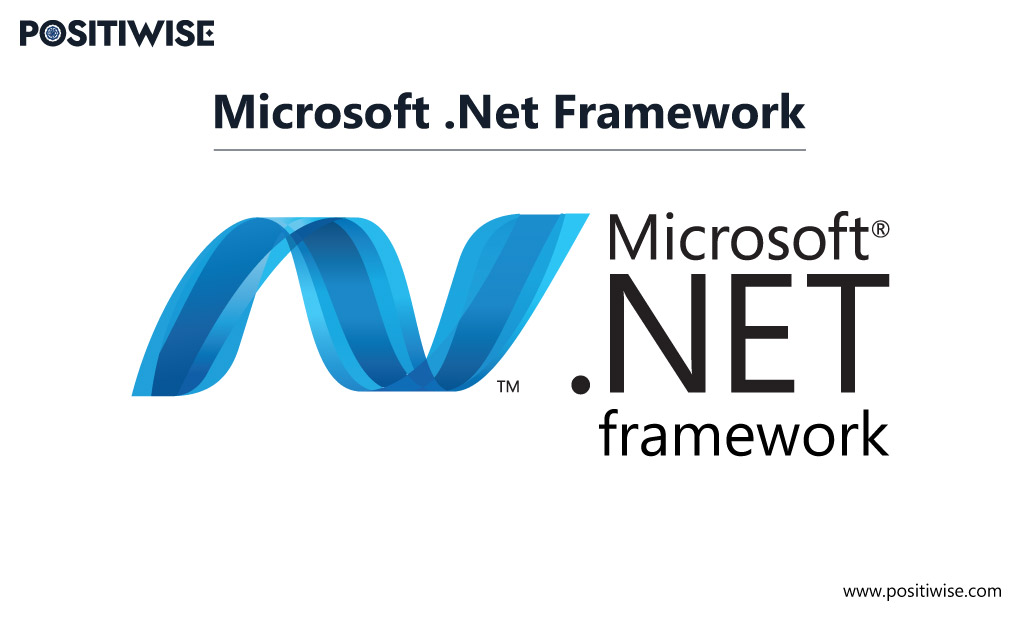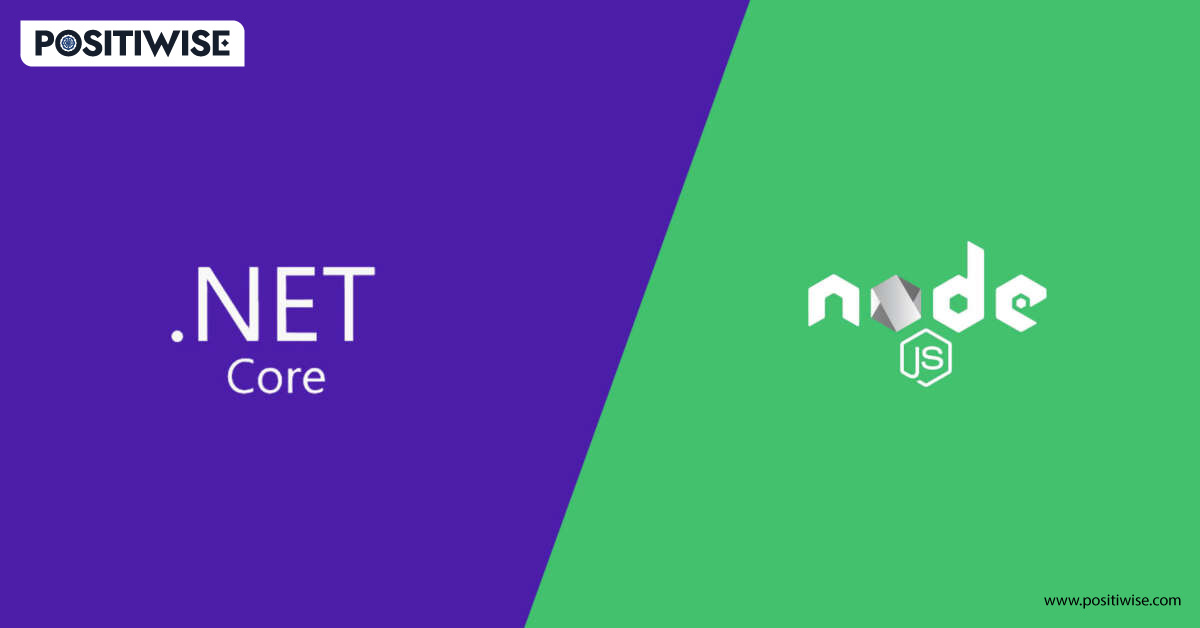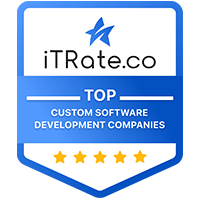Quick Overview:
The article compares .NET Core and Java across various factors like performance, scalability, community support, and ease of development. It finds .NET Core performs better for some workloads while Java is better optimized for others. Both are mature platforms with active communities. The choice depends on your tech stack, team skills, application requirements, and enterprise preferences. The article aims to provide an unbiased comparison to help choose the right platform.
Technology is evolving and expanding day-to-day. Therefore, prioritizing technology and the importance of using technical language is also changing. Compared to earlier days, now it isn’t easy to pick when it comes to choosing a programming language like dot net core and java for software and application building projects.
Custom software development that solves people’s problems isn’t easy. It requires a lot of creativity and planning, and the biggest challenge faced by many software developers and CTOs is deciding which Framework to use. In addition, software developers use different programming languages, frameworks, and libraries for various reasons, making it quite complicated to decide which is the best.
As per an evaluation performed on the top 1000 websites in 2021, the statistics show that 18.6% are running on the ASP.NET platform, whereas 22.1% of websites are based on Java.
However, people often get confused when choosing Java vs .NET core. And because of that comparison between the two, .Net Core and Java are often seen. Likewise, this post aims to show key differences between the two: Dotnet Core vs. Java, which will also help answer questions like which one is better to choose from the two.
Let’s begin with the side-by-side comparison between the two and find out Dotnet Core vs. Java performance.
Dot Net Core Vs. Java: Compare & Decide
| .Net Core | Java | |
|---|---|---|
| Definition | .NET Core is an advanced version of .Net Framework. It’s an open-source and free software framework for Linux, Windows, and macOS operating systems. | Java is an object-oriented, class-based, higher-level programming language designed to have a few implementation dependencies. |
| Coding Speed | .NET has components that can be used again, which speed up the process. | Coding is optimized, but the final code length is long. |
| Supported Language | VB.NET, C#, Ruby, Python, PHP, and many modified programming languages. | Groovy, Scale, PHP, Ruby, Python, Java, JavaScript, Clojure, and many more. |
| Runtime | CRL | JVM |
| Supports | .NET, Silverlight, ASP.NET, ASP.NET Core | JavaEE, JavaSE |
| Supported IDE | Microsoft Visual Studio, MonoDevelop, Rider | Eclipse, Oracle JDeveloper, Oracle NetBeans, and Intellij Idea |
| Enterprise | BizTalk, ASP.NET | JavaEE & JCA, JMX, JMS, EJB, WebSphere, WildFly, WebLogic, Glassfish. |
| Web Development | WebForms, WCF, Razor, ASP.NET, ASP.NET core | Java+Web along with JSTL & Servlets, JSF, Grails, GWT, Spring Boot, Spring, and more. |
| Desktop Development | UWP, WPF, and WinForms | Swing GUI Java, JavaFX, SWT, Swing, and AWT |
| Components of Server | OLE automation and .NET COM | JCA, JMX, and EJBs |
| Database Access | OleDB, ADO.NET | JDBC |
| Object Persistence | NHibernate, Dapper, and Entity Framework | Hibernate |
| Message Queuing | MSMQ | AMQQP and JMS like MQ Series |
| Remoting | REST API, OpenAPI, DCOM, GraphQL, We3bServices (SOAP) | REST API, RMI, CORBA (IIOP), GraphQL, OpenAPI, We3b Services (SOAP) |
| Naming | ADSI | JNDI |
| XML | System XML | Saxon, Jackson, Xerces, and many more. |
| HTTP Engine | IIS | WebSphere, Tomcat, Glassfish, WebLogic, WildFly, and Application Servers by different vendors |
| Support for Web Services | Built-in | JAX-WS & Built-in |
| Unit Testing | JUnit and Microsoft Unit Testing Framework | JUNIT |
| Web Application Framework | Spring.NET and ASP.NET MVC | Spring Boot and Spring |
| Learn More on .NET App Development Services | Learn More on JavaScript Development Services |
Benefits of Using .NET Core for Your Software Project
- .NET Core allows you to program using different programming languages like C#.NET, J#.NET, VB.NET, JSCRIPT.NET, IRON RUBY, and WINDOWS POWERSHELL.
- The Framework is versatile and user-friendly.
- According to business requirements, developers can use different programming languages to build a website specifically for your company.
- Lots of advanced tools are available within the Microsoft Developer Network.
- .NET Core removes unnecessary code and provides reusable components that help accelerate the development process.
- Easy to maintain as the code is generally small. Likewise, software developers can optimize it easily with a few statements.
Drawbacks of Using .NET Core for Your Software Project
- Compared to other programming languages, for .NET Core, available resources on the internet are limited.
- Tooling is tricky and sometimes difficult within the .NET ecosystem. So, if you’re building an application and want to find out the reason behind the exception, it can become tricky due to constant updates of the documentation and Framework.
Benefits of Using Java for Your Software Project
- Java is a portable language that allows you to choose the machine or operating system you want to use to develop your website.
- It’s an object-oriented language associated with inheritance, polymorphic codes, objects, classes, abstractions, and so on. Likewise, it allows you to reuse the same code and create modular programs.
- You can integrate Java applications with other platforms using the latest integration tools, such as Jenkins and Travis CI.
- Java allows backward compatibility, which means you can migrate between Java platforms
Drawbacks of Using Java for Your Software Project
- Applications built using Java may face performance issues.
- Compared to compiled programming languages like C or C++, Java is slower.
- Java garbage collection operates and optimizes the memory. Henceforth, whenever you run the garbage collector, all the threads will stop working to allow the garbage collector thread.
When Should You Go for .NET Core?
- Client applications
- Gaming
- Enterprise application development
- Web Applications
- Websites
When Should You Go for Java?
- Web Applications like Gmail, Google Docs
- Enterprise Applications such as Pinterest, Spotify
- Android Applications
- Embedded Systems
Looking to build robust, scalable software? Hire .NET Core developers and leverage their expertise in C#, .NET Core, ASP.NET, and more.
.NET Core vs. Java – Our Final Verdict
Both the technology .NET Core and Java have fundamental differences because their approach is quite different from each other and which one to use depends on the requirements. Nonetheless, your business can take advantage of each depending upon the requirements.
Furthermore, if you aren’t sure which one will be best for your business requirements, send us a message for guidance. At Positiwise, we have a team of experts for both the technology and developing the best business solution for improving your business.
Expert in Marketing Strategy and Brand Recognition
Jemin Desai is Chief Marketing Officer at Positiwise Software Pvt Ltd, he is responsible for creating and accelerating the company’s marketing strategy and brand recognition across the globe. He has more than 20 years of experience in senior marketing roles at the Inc. 5000 Fastest-Growing Private Companies.






